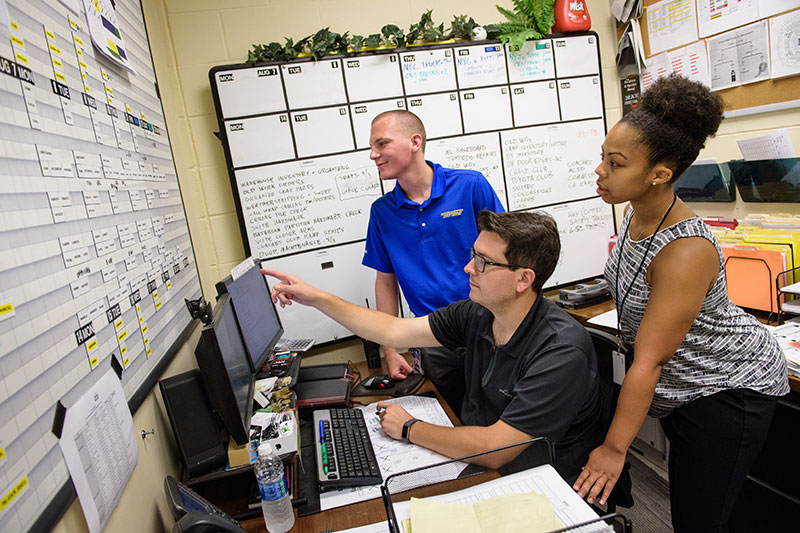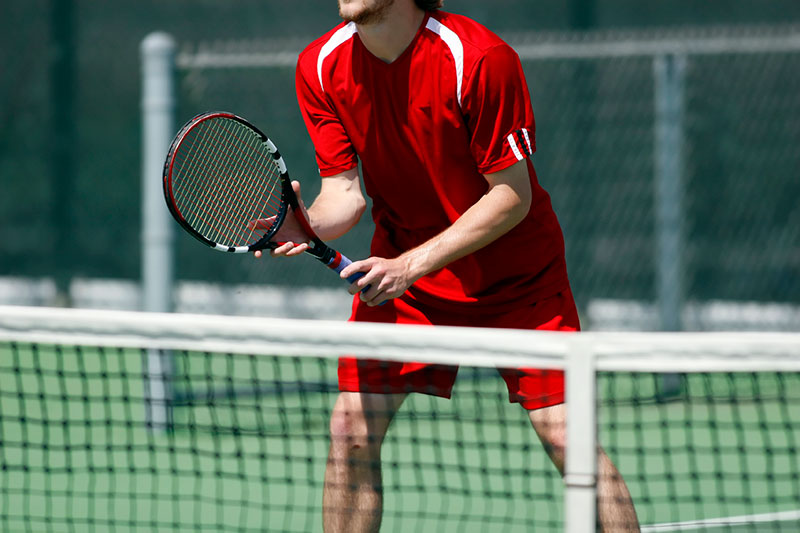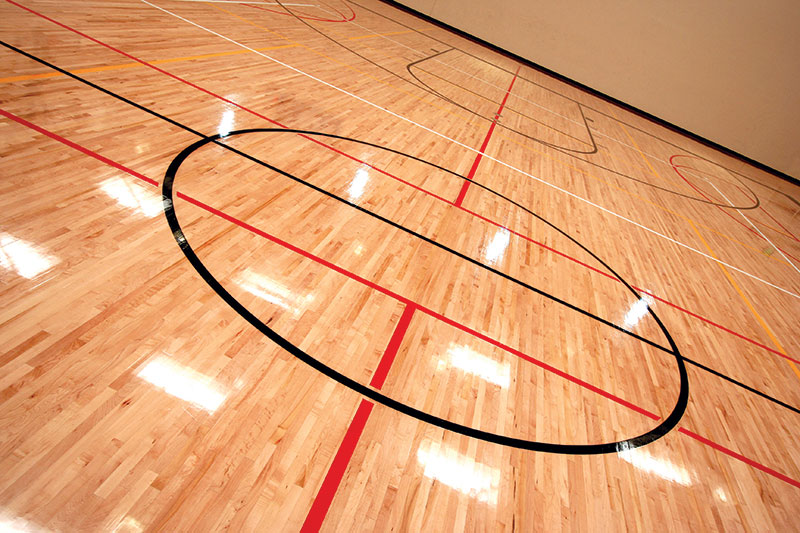
Employment Guide for the Sports Industry
Sport Marketing
Sport Marketing includes a wide range of responsibilities from selling a team, event or facility to promoting a brand or image for a sponsor.
There are a large number of sports conventions and conferences every year, which are a great resource for networking and obtaining more information about potential employers. Most associations listed previously have an annual conference and many offer additional conferences.
Networking is one of the best ways to find a job in sports. Make a list of all the people you know in industries you would like to work in. Inform these people of your interests and stay in close contact with them while keeping them updated on your job search. Linkedin, Facebook, and Twitter are great networking sites that will provide further opportunities for personal connections. You must have an account with the corresponding networking sites to access the following links:
As a general note, stay away from the major career service websites such as careerbuilder.com and monster.com. These sites are good tools for research but a very difficult means to find a job in the sports industry. Most sport jobs are filled through networking, conferences, and industry associations. Very few jobs are filled through these "mega" sites and your resume will often be one of thousands that may or may not be reviewed by software or a low level employee.
The following stats on salaries are derived from a survey of more than 2,000 individuals within the recreation, sports, and fitness facility industry for 2012. Numbers have changed over the years and these are samples and should be evaluated as a frame of reference.
Tipping, Emily (2012, July). Money and Happiness: Our Fifth Annual Salary Survey. Recreation Management, 13(7), 36-43.
Location: Midwest (28.7%); West (20.6%); South Atlantic (18.8%); Northeast (17.8%); South Central (13.6%); Outside of the U.S. (0.5%)
Type of organization: Parks and Recreation (37.8%); Colleges and Universities (19.2%); Schools and School Districts (10.5%); Campgrounds, RV Parks or Private/Youth Camps (5.7%); YMCAs, YWCAs, JCCS or Boys & Girls Clubs (5%); Sports, health or fitness clubs (3.6%); Golf/Country Clubs (2.7%); Military Installations (2%); Resorts and Resorts Hotels (1.7%); Water-parks and Theme/Amusement Parks (1.6%); Ice Rinks (0.6%); Corporate Recreation or Sports Centers (0.4%); Racquet or Tennis Clubs (0.3%)
Job titles: Directors (36.1%); Administration/management — administrator, manager, or superintendent (20.6%); Operations/facility management — operations manager, facility manager, building manager, or supervisor (16.7%); Program and activity administration — program director, manager, coordinator, specialist, coach or instructor (10.7%); Chairmen, CEO, president, vice president (7.6%); Services (0.6%)
Education: Bachelor’s degree (39.8%); Master’s degree (34.9%); Some college with no degree (11.9%); Associate’s degree (5.9%); Just a High School Diploma (3.8%); Ph.D. (3.7%)
Average salary of all surveyed: $65,000 (rise of 1.9% from 2011 — $63,800)
Average Salary by Education
Average Salary by Industry
Average Salary by Job Title
According to The National Association of Colleges and Employers:
Try and identify examples from your past experiences that exemplify these skills to your future employer.

Employment Guide for the Sports Industry
Sport Marketing includes a wide range of responsibilities from selling a team, event or facility to promoting a brand or image for a sponsor.

Employment Guide for the Sports Industry
Learn about sporting events and competitions that take place around the world that require efficient business operations to run successfully.

Employment Guide for the Sports Industry
National Governing Bodies (NGB) of Sports are non-profit, non-governmental organizations responsible for promoting and developing a particular sport within a nation.